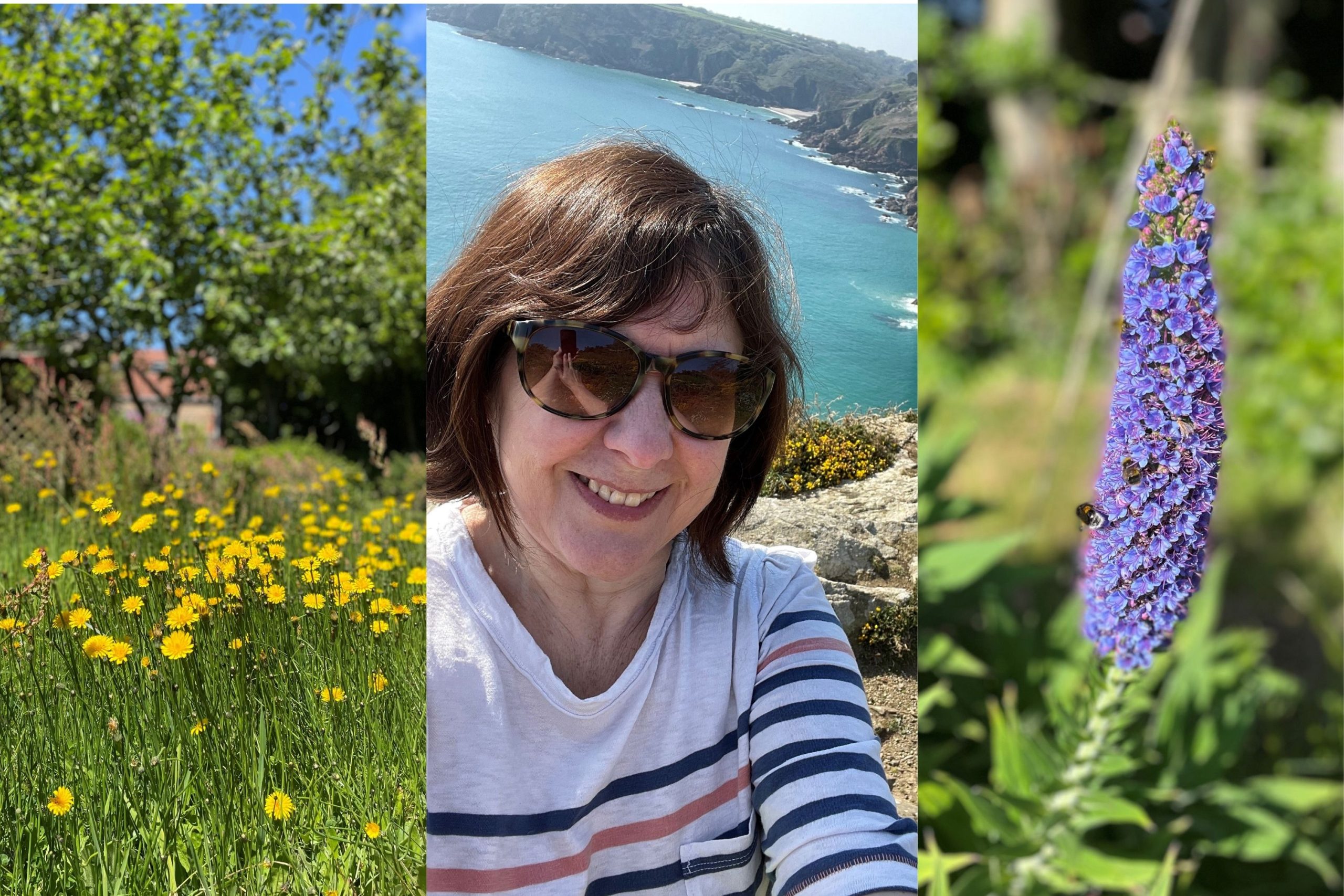
Only One Earth – minimising our impact
In this series we're meeting members from our ESG teams around the world and finding out what plans and aspirations they have for their office and how their passion for sustainability influences their personal lives.
Meet Tracey O'Neill one of our ESG representatives from Guernsey.
What do you do in your personal life or home to minimise your environmental impact?
Having always lived on a small island I am acutely aware of the impact we have on our environment. I also worked for our local government on a PR campaign promoting waste management and recycling in the early 2000's so learnt a lot then about the waste hierarchy of reduce reuse recycle.
Whether on land or the sea I try to manage my personal impact through careful consideration of not only what I consume but also to minimise pollution.
Guernsey relies heavily on imported goods including food so one key area which I look out for is choosing produce with the lowest carbon footprint. We're fortunate to have a great supply of fresh products here with a Guernsey tradition of 'hedge veg' stalls where people sell their homegrown fruit veg eggs and flowers. It's a great way to buy produce I can get my hands on lots of items which have been grown within a couple of miles from home.
It's not just about food and what we take out though when it comes to what we put back into the environment I've become more aware of the impact of chemicals on our eco-system for example what we put down the drain here makes its way into the sea around us so at home we avoid chemicals wherever possible.
In our garden we have areas specifically for wildlife and for the past few years have taken part in the annual #NoMowMay campaign. The insects love the dandelions and long grass plus we have lots of bee-friendly plants to keep them happy through the summer such as buddleia foxgloves and lavender.
My husband and I both bought electric bicycles earlier this year which is perfect for tackling the hills in Guernsey I've never relied on a car for the daily commute but now mix up my week with a combination of e-bike and bus for getting to the office and back. Again it's all about balance.
What three simple changes would you recommend for someone looking to reduce their carbon footprint?
For me it really is about consumer choice and balance. I'll always look for items which have less packaging or fewer airmiles. It can be difficult to understand all the implications and so I'd recommend reading up on the topic. I found 'How Bad are Bananas? The Carbon Footprint of Everything' by Mike Berners-Lee really informative. My tips are:
-
Use a refill shop. For products such as shampoos shower gels I use the Body Shop's aluminium bottles and we also have a great refill shop here for dry goods such as flour pasta etc.
-
Buy re-usable cleaning cloths and products. I bought washable make up remover pads about three years ago and haven't bought disposable cotton pads since. Going green can also save you money! For household cleaning I use washable cloths and ditched detergent in favour of an Ecoegg for laundry cleaning earlier this year. That not only reduces our plastic use but is also detergent free.
-
If you have space at home use it to grow your own fruit and veg. We're lucky to have a beautiful garden and my husband has green fingers so alongside the ability to buy local he also grows fresh veg every year. We planted a Bramley apple tree in the garden when we bought the house in 2005. It is now over 20 feet tall and so we have an abundance of cooking apples every autumn which we share with family and friends plus a freezer full of crumbles and pies to see us through winter.
What changes would you like to make in the coming months or years to reduce your personal environmental impact?
Clothes! I've reduced my clothes purchases over the years but do tend to buy new items. We have some great charity shops so am determined to buy fewer clothes and look at second-hand options too.
What key social initiatives are your office focusing on for 2022?
Our team voted to support a local initiative called Guernsey Rural Occupational Workshop (Grow). Grow is a charity for people with learning disabilities who are interested in a career in horticulture. We're not only raising vital funds for a redevelopment project the charity is working on in 2022/3 but also donating vital staff time to help with projects such as watering potting greenhouse maintenance.
Please note that this article is intended to provide a general overview of the matters to which it relates. It is not intended as professional advice and should not be relied upon as such. Any engagement in respect of our professional services is subject to our standard terms and conditions of business and the provision of all necessary due diligence. © Praxis 2023
